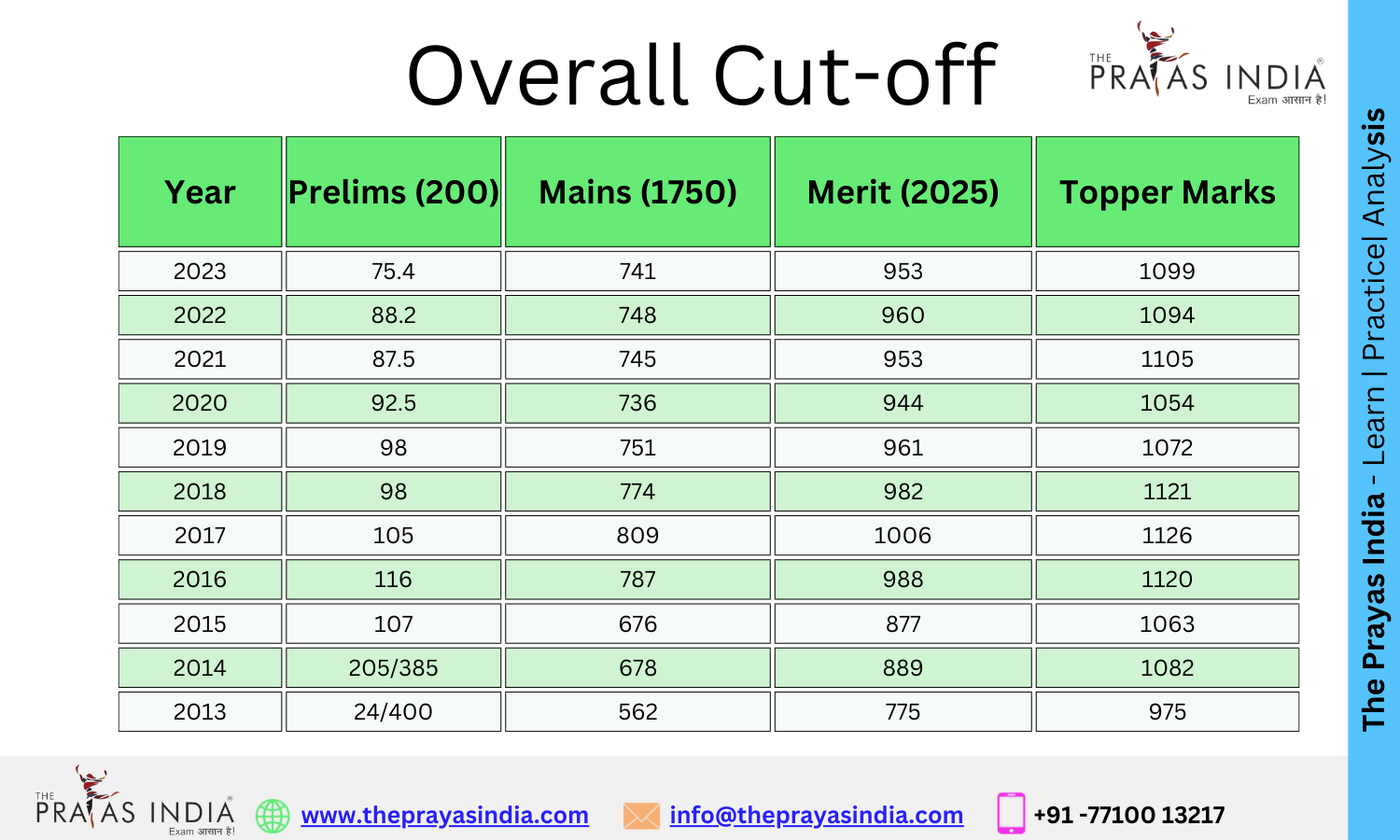Vice President
The vice president of India occupies the second highest constitutional office in happened the office has been created mainly to maintain political Continuously for the office of head of the state that is the president. The vice president is also the ex officio chairman of the council of states (Rajya Sabha).
Important articles related to the vice president

Election of the vice president
- It is given in article 66.
- vice president is elected by the members of parliament.
- Both elected and nominated members of Lok Sabha and Rajya Sabha participate in the election of vice president.
- states do not participate in the election
- The election is held in accordance with the system of proportional representation by means of the single transferable vote and secret Ballot paper.
- All the doubts and disputes in connexion with election of the vice president R inquired into and decided by the Supreme Court whose decision is final.
- if the election of a person as vice president is declared void by the Supreme Court, act done by him before the date of such declaration of the Supreme Court are not invalidated.
Qualifications for election as vice president
- citizen of India
- he should have completed 35 years of age
- qualified as a member of Rajya Sabha
- should not hold an office of profit under union, state or local government
Conditions of office: The vice president cannot be a member of either House of parliament or either House of the legislature of a state. if a member of the parliament or a state legislature is elected vice president, he ceases to be a member of the parliament or the legislature of a state from the date on which he enters upon his office.
Further, the nomination of a candidate for election to the office of vice president must be subscribed by at least 20 electors as proposers and 20 electors as seconders. Every candidate has to make a security deposit of rupees 15,000 in the RBI.
Oath or affirmation
Under article 69, the wise president takes oath in the presence of the president and swears to bear true faith and allegiance to the constitution of India and to faithfully discharge the duties of his office.
Term of office of vice president
- It is given in article 67
- It is five years from the date of swearing in the oath
- If his successor is unable to enter upon his office then the vice president continues to hold his office beyond the five year term until his successor enters upon his office
- vacancy in the office of vice president can be created through the following ways:
| Vacancy | Timing of election |
|
|
| 2. Death
3. resignation 4. removal 5. otherwise if Supreme Court declares election to be void or if vice president is disqualified |
|
Removal of vice president
- The vice president may resign his office by submitting his resignation to the president of India. the resignation becomes effective from the day it is accepted. article 67(b) provides that the vice president can be removed from his office by a resolution of the Rajya Sabha passed by a majority of all the then members of the Rajya Sabha and agreed to by the Lok Sabha.
- Prior to passing the resolution in the Rajya Sabha, a 14 day notice should be served on the vice president. This means that the resolution should be passed in the Rajya Sabha by an effective majority and in the Lok Sabha by a simple majority.
- This resolution can be introduced only in the Rajya Sabha and not in the Lok Sabha.
- It is to be noted that no ground has been mentioned in the constitution for the removal of vice president
Functions of vice president
The vice president is the ex officio chairperson of the council of states (Rajya Sabha) and does not hold any other office of profit. during any period when the wise president acts as or discharges the functions of the president, he does not perform the duties of the office of the chairperson of the Rajya Sabha and, is not entitled to any salary or allowances payable to the chairperson of Rajya sabha.
Vice president acts as president during a casual vacancy in the office of the president by reason of death, resignation or removal or otherwise until a new president is elected as soon as Possible, and in no case, later than six months from the date of occurrence of the vacancy. when the president is unable to discharge his functions owing to absence, illness or any other cause, the vice president discharges those functions till the president resumes office. during this. The vice president has all the powers, immunities and privileges of the president and receives emoluments and allowances payable to the president.


![Prayas-लक्ष्य [UPSC CSE Target] The Prayas India](https://theprayasindia.com/wp-content/uploads/2021/08/Prayas-लक्ष्य-UPSC-CSE-Target-The-Prayas-India-300x167.png)

![Prayas Pre-भेदश [UPSC CSE Prelims Test Series] The Prayas India](https://theprayasindia.com/wp-content/uploads/2021/08/Prayas-Pre-भेदश-UPSC-CSE-Prelims-Test-Series-The-Prayas-India-300x167.png)










